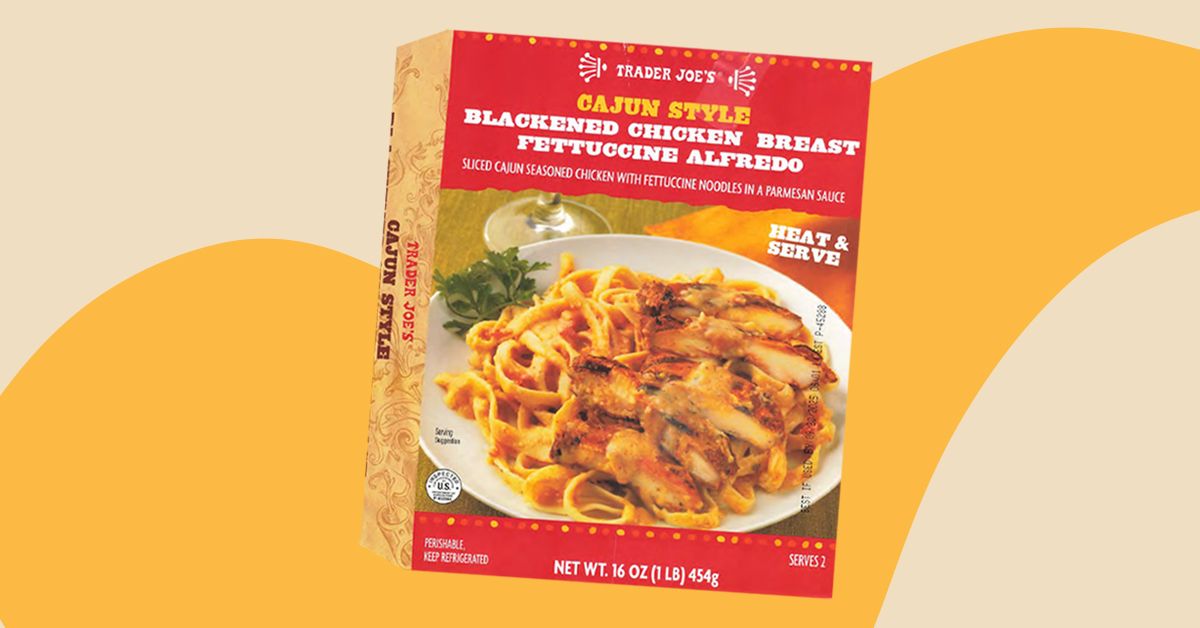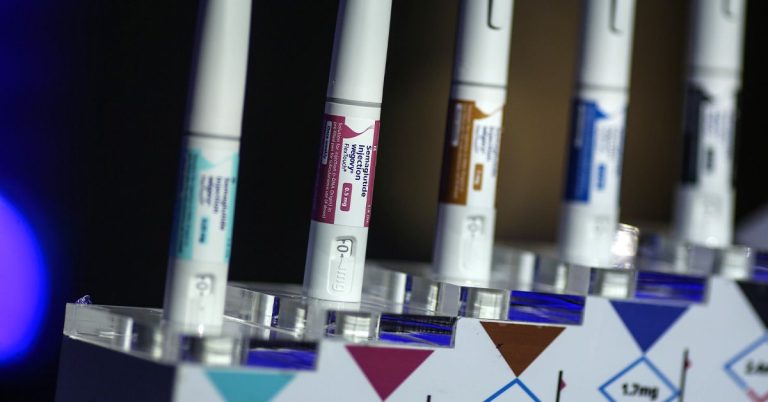The USDA’s Food Safety and Inspection Service (FSIS) and the FDA are warning consumers about ready-to-eat pasta meals that may be contaminated with Listeria monocytogenes. The FDA has been investigating a nationwide Listeria outbreak linked to prepared pasta meals since June. So far, the CDC reports 20 confirmed listeriosis cases and four deaths across 15 states, including California, Texas, Louisiana, Illinois, and Michigan.
Affected products were sold at national retailers including Trader Joe’s, Walmart (Marketside), Kroger, and Albertsons. The supplier Nate’s Fine Foods is recalling certain lots of pre-cooked pasta, and several prepared meals and deli items made with implicated pasta have been pulled from shelves. The FDA identified these products among those linked to the outbreak:
– Trader Joe’s Cajun Style Blackened Chicken Breast Fettuccine Alfredo, 16 oz.
– Marketside Linguine with Beef Meatballs & Marinara Sauce, 12 oz.
– Marketside Grilled Chicken Alfredo with Fettuccine, 12.3 oz.
– Marketside Grilled Chicken Alfredo with Fettuccine, 32.8 oz.
– Home Chef Chicken Fettuccine Alfredo, 12.5 oz.
– Scott & Jon’s Shrimp Scampi with Linguini Bowls, 9.6 oz.
Albertsons also voluntarily recalled select deli items containing bowtie pasta supplied by Fresh Creative Foods. FreshRealm, the manufacturer of the chicken fettuccine alfredo meals, began ingredient testing after the FDA’s initial probe; testing found genetically related Listeria strains linking the affected products to the outbreak. FreshRealm and other companies notified regulators and removed products when Listeria was identified in an ingredient from a third-party supplier. Trader Joe’s said it is recalling product out of caution even though no finished products at its stores have tested positive.
Consumers should check refrigerators and freezers for recalled items and either discard them or return them to the place of purchase. The FDA and CDC list lot numbers and use-by dates for affected products; people who aren’t sure if they have implicated lots should consult those resources or contact the store.
Listeriosis is a serious infection. In the U.S. about 1,250 people are diagnosed annually, nearly all cases require hospitalization, and roughly one in five patients die. Early symptoms can include fever, nausea, vomiting, diarrhea, and muscle aches and often resolve in 1–3 days for mild cases. More severe illness can cause headaches, neck stiffness, confusion, loss of balance, and seizures. Pregnant people, newborns, adults 65 and older, and those with weakened immune systems are at highest risk; pregnancy-related infections can cross the placenta and may lead to miscarriage or stillbirth.
Treatment requires specific antibiotics, so anyone who develops symptoms after eating a recalled product should contact a healthcare provider promptly. Early testing and treatment improve outcomes.
Listeria is widespread in the environment (soil, water, animals) and can contaminate raw ingredients before they reach factories. It can survive and grow in cold conditions and persist in unsanitary processing environments, contaminating equipment, surfaces, or ready-to-eat foods after cooking. Preventing listeriosis depends on sanitation and safe handling throughout the food chain and at home.
Practical steps to reduce risk:
– Do not eat recalled products; discard them or return them to the retailer.
– Clean and sanitize any surfaces, utensils, refrigerator and freezer areas that may have contacted recalled foods.
– Wash fruits and vegetables thoroughly.
– Cook foods to safe temperatures.
– Practice good hand hygiene and keep kitchen surfaces clean.
Health officials caution that cases may continue to appear because Listeria infections can take weeks to develop. If you think you may have eaten a contaminated product or develop symptoms consistent with listeriosis, contact your healthcare provider right away. For details on specific recalled lots and expiration dates, consult the FDA and CDC outbreak pages.




